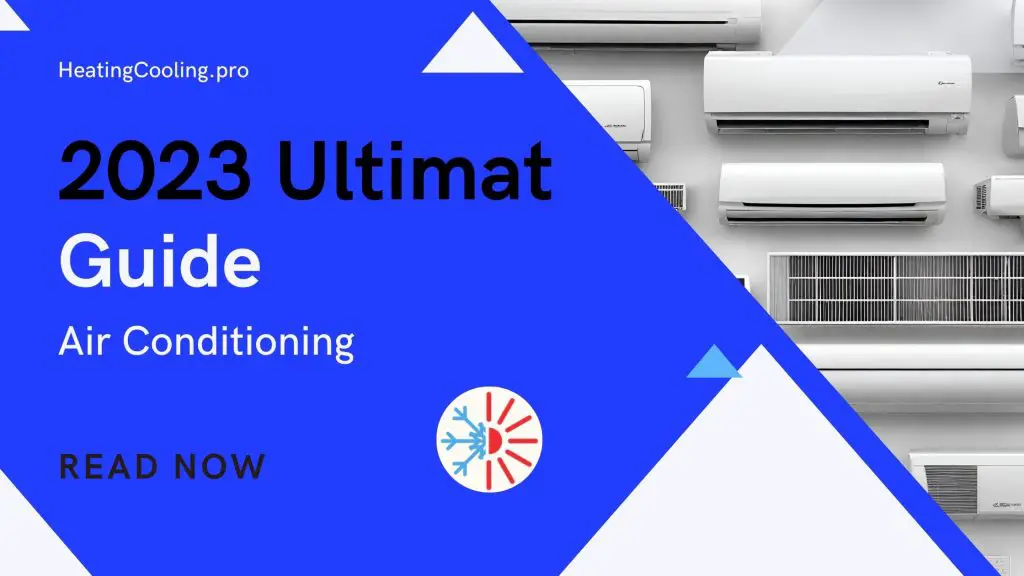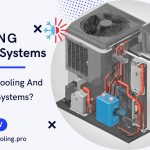Welcome to the ultimate air conditioning guide for 2023! As the temperatures rise, having a reliable and efficient air conditioning system becomes essential for creating a comfortable living or working environment. Whether you are a homeowner, business owner, or simply looking to upgrade your current cooling system, this comprehensive guide will provide you with all the information you need to make an informed decision.
Why is a good air conditioning system important?
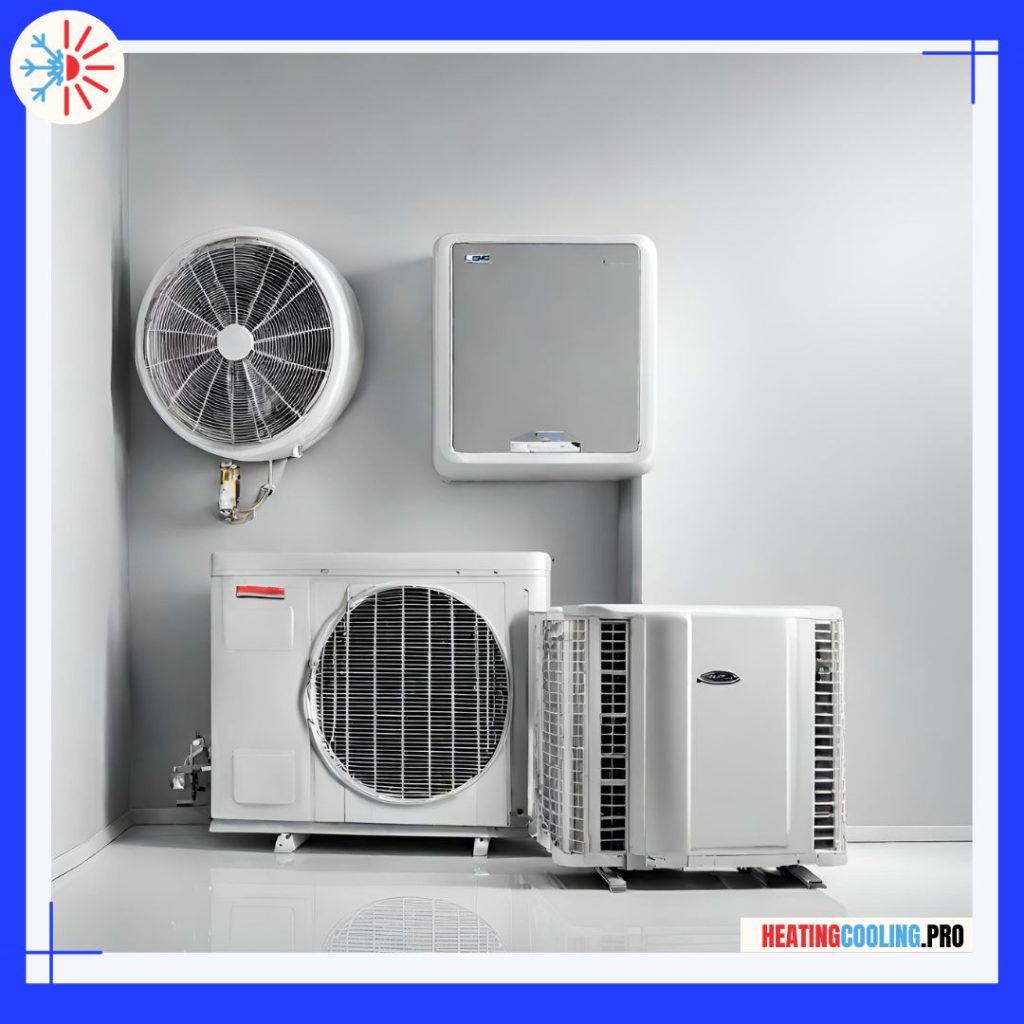
A good air conditioning system not only helps cool your indoor spaces but also improves air quality, reduces humidity, and increases overall comfort. It plays a crucial role in maintaining optimal temperature levels, especially during scorching summer months, and promotes a healthier and more productive environment. Choosing the right air conditioning system can be a daunting task with so many options available in the market. Factors such as energy efficiency, cooling capacity, noise level, installation requirements, and budget need to be carefully considered. This guide will walk you through each consideration, ensuring that you select the perfect air conditioning system for your specific needs.
This guide will provide you with a detailed overview of different types of air conditioning systems, including central air conditioning, ductless mini-split systems, window units, and portable AC units. We will discuss their features, benefits, and drawbacks, allowing you to make an educated decision based on your preferences and requirements. Additionally, we will explore the latest advancements in air conditioning technology, such as smart thermostats, energy-saving features, and eco-friendly options. We will also provide tips on maintenance, troubleshooting common issues, and maximizing the lifespan of your air conditioning system. Get ready to beat the heat and discover the perfect air conditioning solution for your space with our 2023 Ultimate Air Conditioning Guide!
Benefits of Air Conditioning
Having an air conditioning system in your home or office offers numerous benefits that go beyond just keeping you cool during hot summer months, air conditioning systems help filter and purify the air, removing pollutants, allergens, and other harmful particles. This is especially beneficial for individuals with respiratory conditions or allergies, as it can reduce the risk of asthma attacks and improve overall air quality. One of the primary benefits of air conditioning is the ability to create a comfortable environment regardless of the weather outside. Whether it’s scorching hot or freezing cold, air conditioning allows you to maintain a consistent and pleasant indoor temperature, ensuring optimal comfort for you and your family.
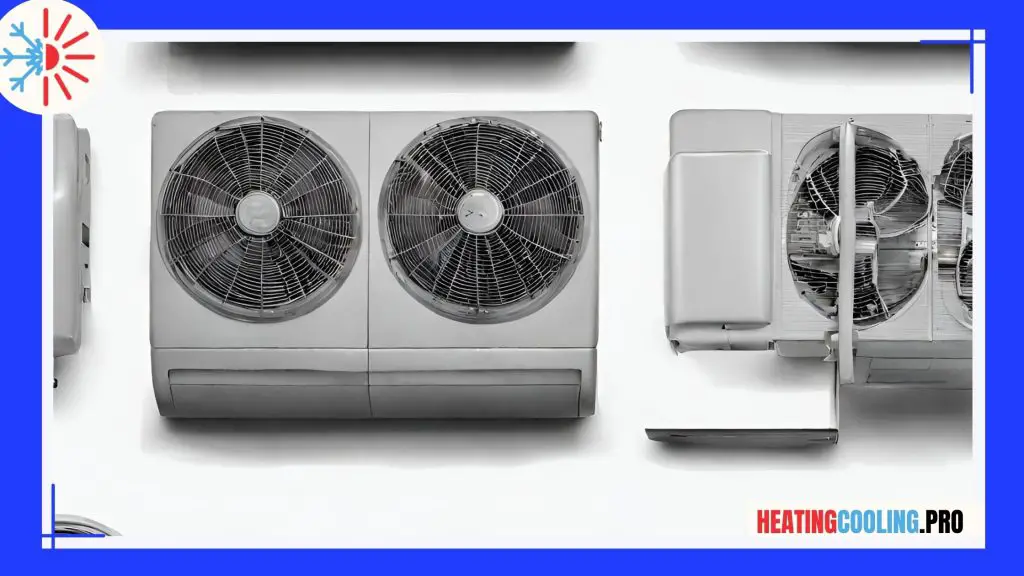
Modern air conditioning systems are designed to be energy-efficient, helping you save on utility bills while minimizing your carbon footprint. These systems use advanced technologies, such as programmable thermostats and energy-saving modes, to regulate temperature efficiently and ensure optimal energy usage. Investing in a high-quality air conditioning system not only provides immediate benefits but also contributes to your long-term well-being and comfort. With improved air quality, increased comfort, and energy efficiency, air conditioning is a valuable addition to any home or office space.
Types of Air Conditioning Systems
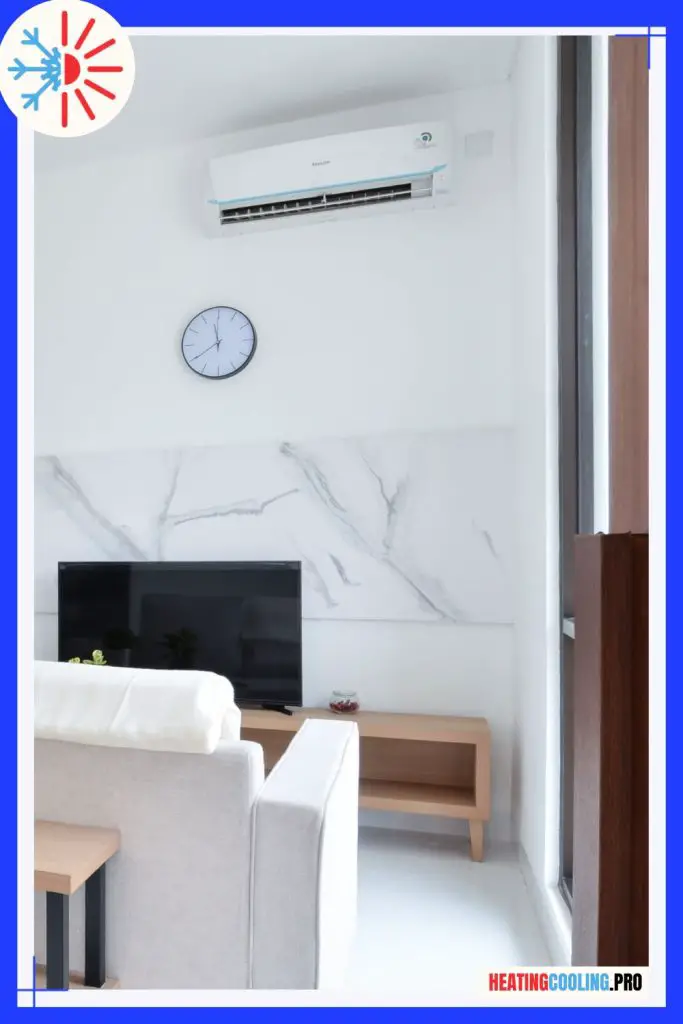
When it comes to cooling your home or office, there are several types of air conditioning systems to choose from. Each system has its own advantages and is suitable for different spaces and budgets. Here are the most common types of air conditioning systems: Window air conditioners are a popular choice for smaller spaces, such as single rooms or small apartments. These units are installed in a window or a hole in the wall and provide cooling for the immediate area. They are cost-effective, easy to install, and require minimal maintenance.
Split air conditioners consist of two main components: an indoor unit and an outdoor unit. The indoor unit is mounted on a wall or ceiling, while the outdoor unit is placed outside the building. This type of system is ideal for cooling larger rooms or multiple rooms. Split air conditioners offer energy efficiency, quiet operation, and customizable temperature control. Central air conditioning systems are designed to cool an entire building or multiple rooms. These systems use ductwork to distribute cool air throughout the space. Central air conditioners are energy-efficient, provide consistent cooling, and can be controlled through a thermostat. However, they require professional installation and regular maintenance.
Portable air conditioners are versatile units that can be moved from room to room. They are self-contained and do not require permanent installation. Portable air conditioners are suitable for cooling small to medium-sized spaces and are a good option for renters or temporary cooling needs. However, they may be less energy-efficient compared to other types of systems. Ductless mini-split systems are similar to split air conditioners but do not require ductwork. These systems consist of an outdoor unit and one or more indoor units. Each indoor unit can be controlled independently, allowing for zoned cooling. Ductless mini-split systems are energy-efficient, easy to install, and provide flexibility in cooling different areas of a building.
Choosing the Right Air Conditioning System
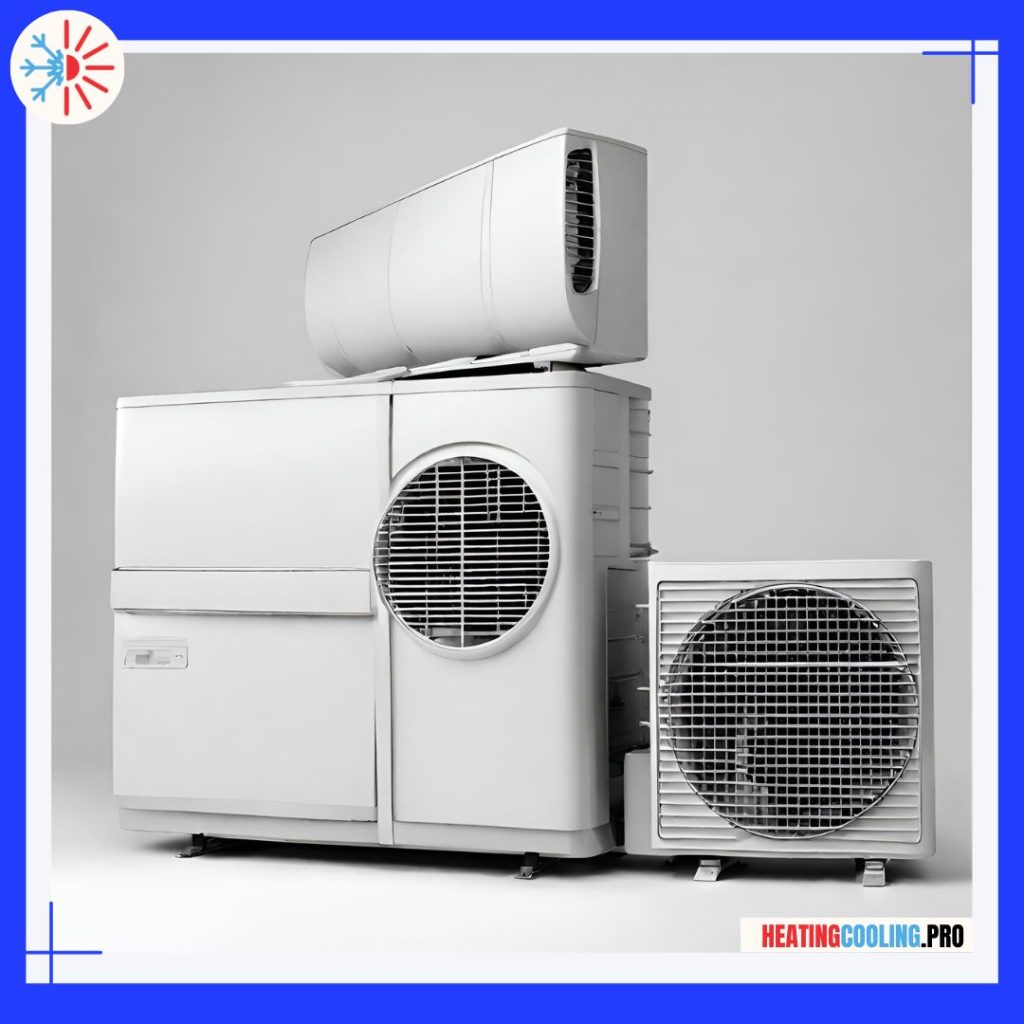
When it comes to selecting the ideal air conditioning system for your home or office, several factors need to be considered. These include size and capacity, energy efficiency, noise level, and installation and maintenance costs. One of the most crucial aspects to consider is the size and capacity of the air conditioning system. Choosing the right size ensures optimal cooling without wasting energy. An undersized unit will struggle to cool the space efficiently, while an oversized unit will cycle on and off frequently, leading to increased energy consumption.
Energy efficiency is another key factor to consider. Look for air conditioning systems with high Seasonal Energy Efficiency Ratio (SEER) ratings. Higher SEER ratings indicate greater energy efficiency, resulting in lower energy bills and reduced environmental impact. The noise level of an air conditioning system is important, especially if it will be installed in a bedroom or a quiet office space. Consider units with low noise levels, typically measured in decibels (dB), for a peaceful environment.
Installation and Maintenance Costs
Installation and maintenance costs should also be taken into account. Some air conditioning systems require complex installations, while others may have higher maintenance requirements. Consider the initial installation costs and the long-term maintenance expenses before making a decision. By carefully considering the size and capacity, energy efficiency, noise level, and installation and maintenance costs, you can choose the right air conditioning system that meets your specific needs and provides optimal comfort for years to come.
Air Conditioning Maintenance Tips
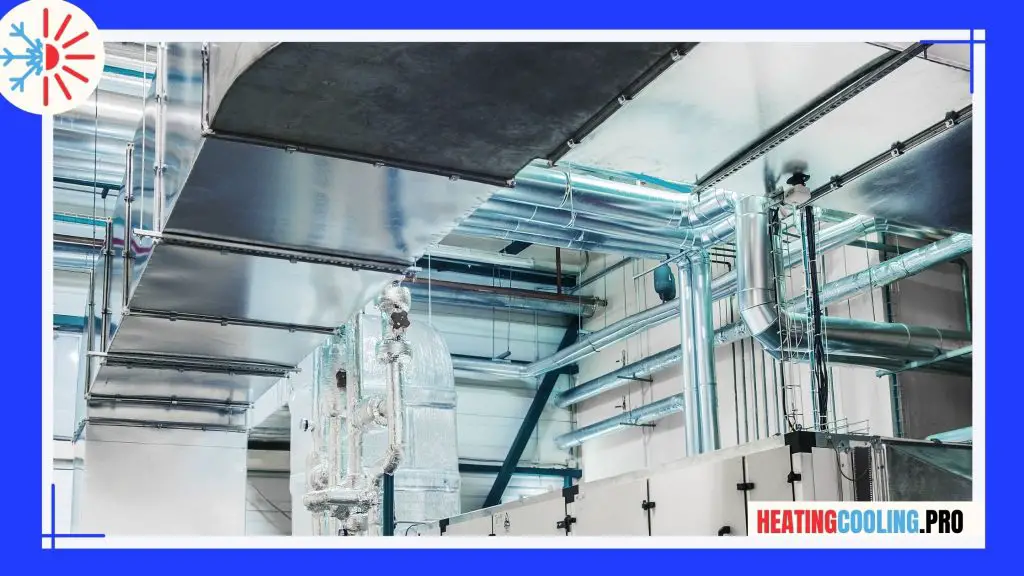
Proper maintenance is essential to keep your air conditioning system running efficiently and prolong its lifespan. Here are some key tips to ensure your AC unit stays in optimal condition, Like dirty filters can restrict airflow and reduce cooling efficiency. Clean or replace the filters every 1-3 months, depending on usage. This simple task can improve indoor air quality and prevent unnecessary strain on your system. Low refrigerant levels can lead to poor cooling performance. Hire a professional technician to check and refill the refrigerant if necessary. This will ensure your AC unit operates at peak efficiency and prevents potential damage to the compressor.
Over time, dirt and debris can accumulate on the coils, hindering heat transfer. Regularly clean the coils using a soft brush or vacuum cleaner to remove any buildup. This will enhance cooling efficiency and prevent overheating issues. Inspect the area around your outdoor unit and remove any obstructions like leaves, branches, or debris. Adequate airflow is crucial for proper cooling, and obstructions can restrict it. Keeping the area clear will improve the performance and longevity of your AC system.
Even with regular DIY maintenance, it’s important to schedule professional maintenance at least once a year. A trained technician can perform a thorough inspection, identify any potential issues, and provide necessary repairs or adjustments. This proactive approach can prevent costly breakdowns and keep your AC unit running smoothly.
Troubleshooting Common Air Conditioning Problems
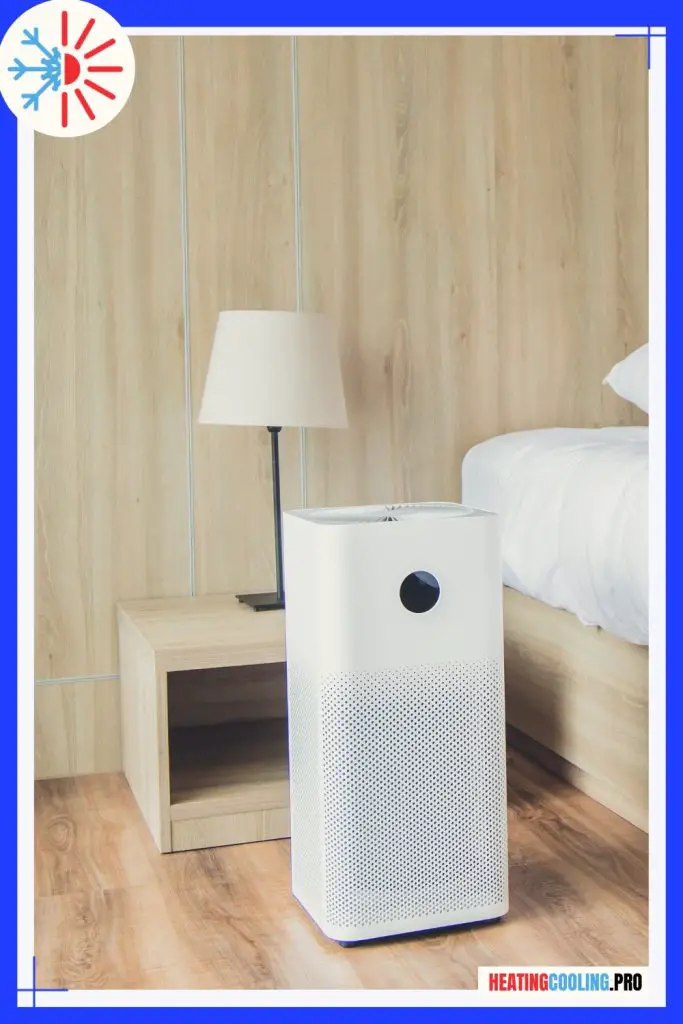
If your air conditioner is not functioning properly, it can be frustrating and uncomfortable, if your air conditioner is not cooling your space effectively, check the thermostat settings. Ensure it is set to the desired temperature and the fan is on “auto” mode. Additionally, clean or replace the air filter regularly to improve airflow. If the problem persists, it could be due to a refrigerant leak or a faulty compressor. In such cases, it is best to contact a professional HVAC technician for assistance.
If you notice water leaks around your air conditioner, it could be a sign of a clogged condensate drain line or a faulty condensate pump. Check the drain line for any obstructions and clear them if necessary. Cleaning the condensate drain pan and ensuring proper drainage can also help resolve the issue. If the problem continues, it is advisable to seek professional help, f your air conditioner is making unusual noises such as grinding, squealing, or banging sounds, it could indicate a problem with the fan motor, compressor, or other internal components. Turn off the unit and contact a professional technician to inspect and repair the issue.
If you notice weak or uneven airflow from your air conditioner, check the air vents and registers for blockages or obstructions. Ensure they are clean and open. Blocked or dirty air filters can also restrict airflow. Clean or replace the filters regularly to maintain proper airflow. If the problem persists, it may be due to a malfunctioning blower motor or ductwork issues. Consulting a professional technician is recommended.
Energy-Saving Tips for Air Conditioning
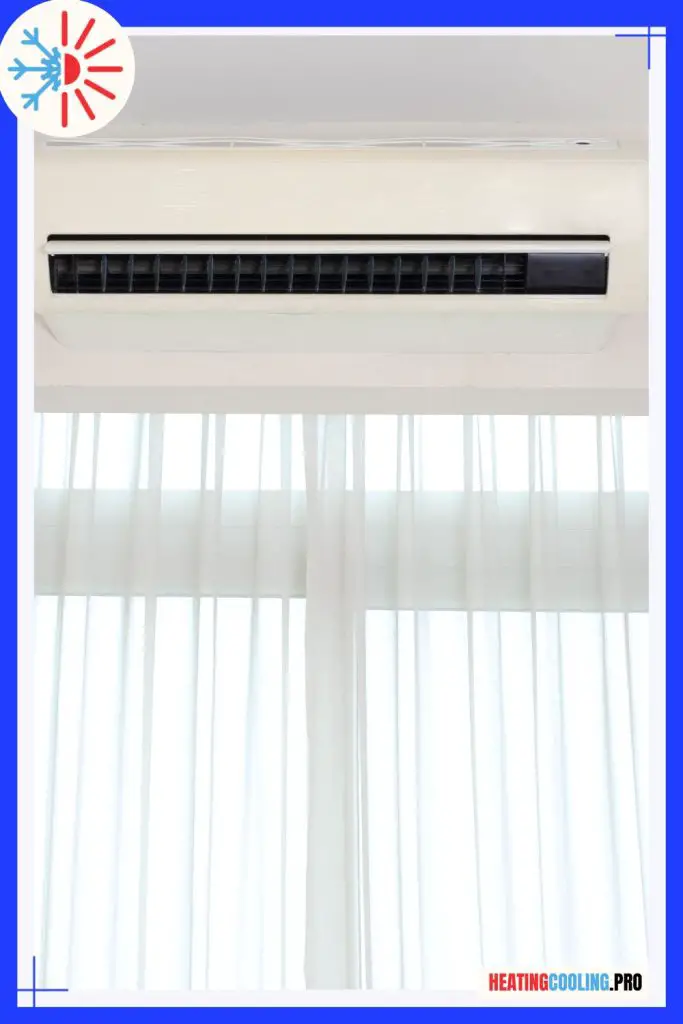
When it comes to keeping your home cool and comfortable during the hot summer months, air conditioning is a must. However, running your AC can consume a significant amount of energy, leading to higher utility bills. To help you save energy and reduce your carbon footprint, nvesting in a programmable thermostat allows you to set specific temperature schedules for different times of the day. By adjusting the temperature when you’re away or asleep, you can significantly reduce energy consumption without sacrificing comfort.
Ensure your home is properly insulated to prevent cool air from escaping and hot air from entering. Insulating your walls, attic, and windows can make a significant difference in keeping your home cool and reducing the workload on your AC unit, promote natural airflow by opening windows and using ceiling fans or portable fans. This helps to circulate cool air throughout your home, reducing the need for excessive air conditioning.
Use shades, blinds, or curtains to block out direct sunlight during the hottest parts of the day. This reduces heat gain and keeps your home cooler, meaning your AC won’t have to work as hard to maintain the desired temperature, implementing these energy-saving tips can help you maximize the efficiency of your air conditioning system and reduce your energy consumption. By taking proactive measures, you’ll not only save money on your utility bills but also contribute to a greener and more sustainable future.
Conclusion
In conclusion, the 2023 Ultimate Air Conditioning Guide provides a comprehensive overview of the latest trends, technologies, and best practices in the air conditioning industry. Whether you are a homeowner looking to upgrade your cooling system or a professional HVAC technician seeking to stay updated with the latest advancements, this guide has you covered, Throughout this guide, we have explored the importance of energy efficiency in air conditioning systems and how it can contribute to cost savings and environmental sustainability. We have also discussed the various types of air conditioning units available in the market, including central air conditioners, ductless mini-split systems, and portable air conditioners.
Furthermore, we have delved into the key features and considerations to keep in mind when selecting an air conditioning system, such as cooling capacity, noise levels, and smart home compatibility. Additionally, we have provided tips on proper installation, maintenance, and troubleshooting to ensure optimal performance and longevity of your air conditioning unit, By following the advice and recommendations outlined in this guide, you can make informed decisions when it comes to choosing, installing, and maintaining your air conditioning system. Remember, regular maintenance and professional servicing are crucial to keep your unit running efficiently and extend its lifespan.
Stay up-to-date with the latest advancements in air conditioning technology and industry trends to ensure your comfort and satisfaction. With the right air conditioning system and proper care, you can enjoy a cool and comfortable indoor environment all year round, Thank you for reading the 2023 Ultimate Air Conditioning Guide. We hope you found it informative and valuable in your quest for the perfect air conditioning solution.
